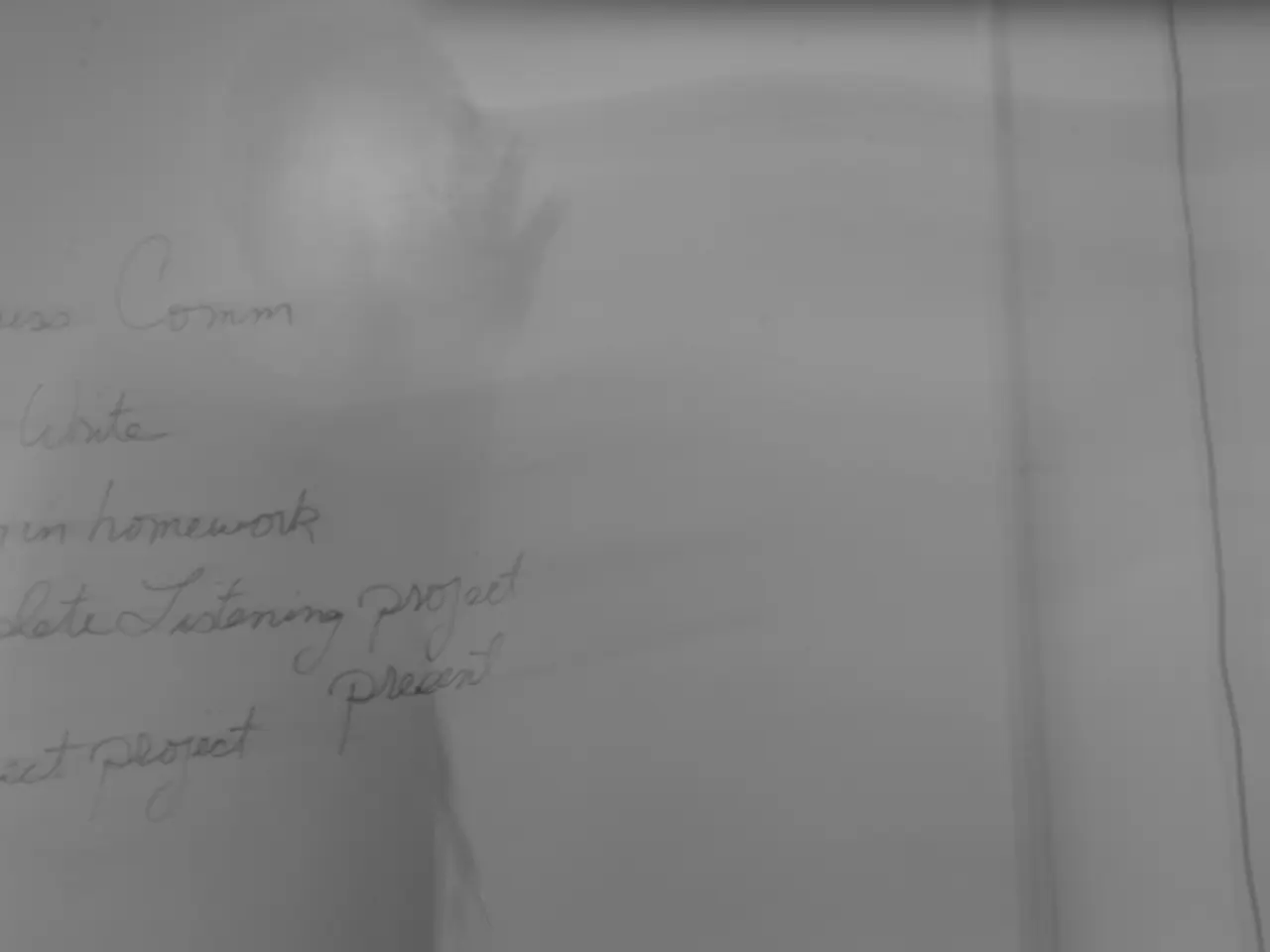Swiss Federal Council's President Parmelin inks free trade deals with Mercosur nations
The Free Trade Agreement (FTA) between the four EFTA countries—Switzerland, Iceland, Liechtenstein, and Norway—and the Mercosur bloc members Argentina, Brazil, Paraguay, and Uruguay has been signed in Rio de Janeiro. After 14 rounds of negotiations, this agreement represents a significant milestone in Swiss trade policy.
The agreement, which will take effect following the transition periods, promises to strengthen bilateral economic relations between Switzerland and Mercosur. According to the World Bank Forum (WBF), the agreement generally strengthens these relations, providing a platform for increased cooperation and mutual benefits.
One of the key advantages of the FTA is the reduction of technical trade barriers and the protection of intellectual property, including geographical indications such as 'Gruyère'. This will facilitate market access for Swiss service providers and investors, making it easier for them to tap into the significant growth potential of Mercosur's 270 million consumers.
The tariff reduction potential of the agreement with Mercosur is the greatest among all Swiss free trade agreements, along with those with the EU and China. After the transition periods, around 96 percent of Swiss exports to the Mercosur countries will be completely duty-free, offering Swiss companies substantial savings. The agreement enables 'substantial savings of over 155 million francs per year for Swiss companies' as stated by the WBF.
The FTA with Mercosur also contains a comprehensive, legally binding chapter on trade and sustainable development. This chapter aims to promote responsible and sustainable business practices, ensuring that economic growth is balanced with environmental and social considerations. The agreement includes a supplementary declaration on trade and sustainable development to reinforce this commitment.
Switzerland has granted 25 bilateral import quotas to Mercosur countries for sensitive agricultural products, including meat. Most of these import quotas are limited to less than 2% of Swiss total consumption or correspond to current imports, making them manageable for Swiss agriculture. The agreement creates new opportunities in public procurement, opening up possibilities for both parties to bid on government contracts.
In 2024, Switzerland exported goods worth more than 4 billion francs to the four Mercosur countries, an increase of over a third compared to 2014. With the implementation of the FTA, these figures are expected to grow further, reflecting the attractiveness of Mercosur as a target market for Swiss exports.
The Free Trade Agreement between EFTA countries and Mercosur is in a similar range as the agreement with India. This agreement corresponds to the recently concluded EFTA free trade agreements with third countries and has a comprehensive sectoral scope.
In conclusion, the Free Trade Agreement between Switzerland and Mercosur represents a significant step forward in Swiss trade policy. It offers Swiss companies substantial savings, facilitates market access, and promotes responsible business practices. As the agreement takes effect, it is expected to strengthen bilateral economic relations and contribute to the growth of Swiss exports to Mercosur.
Read also:
- chaos unveiled on Clowning Street: week 63's antics from 'Two-Tier Keir' and his chaotic Labour Circus
- Skechers Debuts First American Stores Focused on Athletic Footwear Performance
- Racing ahead in Renewable Energy Dominance: Changzhou, Jiangsu Pushes for Worldwide Renewable Energy Ascendancy
- Unchecked carbon emissions could potentially lead the world to revert to coal usage, according to a knowledgeable source.




